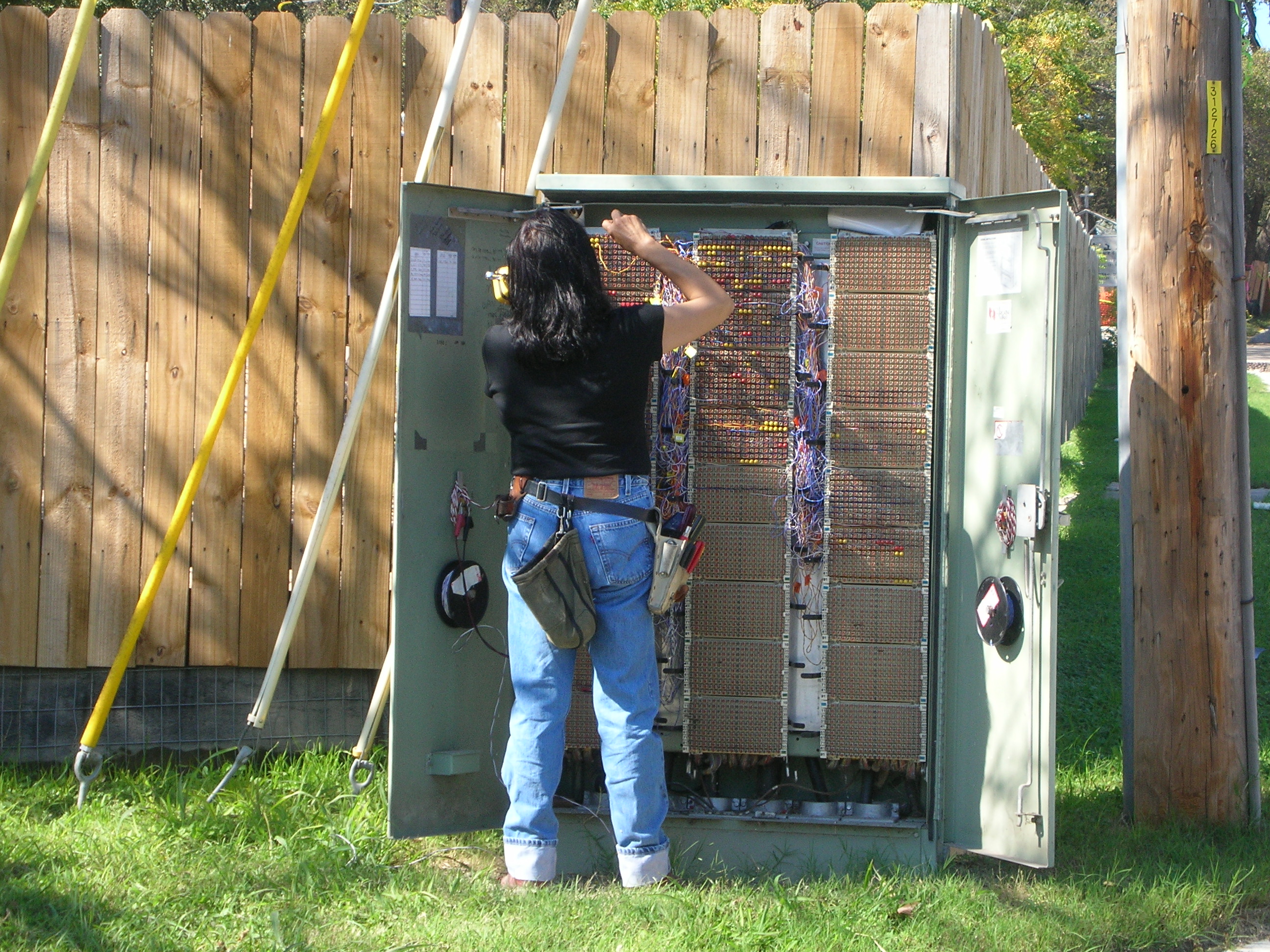

/dev/null. All those URGENT messages you sent were never read, and nothing of value was lost.
Dropping pointless make-work tasks and assertively advising people to revise their "expectations" of me wasn't hard. Some egos were bruised, but the upshot is that I'm still here to serve and fight another day. I wonder about the well-meaning but ultimately harmful 'pleaser' instincts we humans have against self-preservation, and how the system exploits that. Listen to the flight attendant who says "Please put on your own mask before attempting to help others".
"Technology is a tool to empower, and that means the right to use it to reverse implied power relationships."So I also noticed how some people allowed themselves to be bullied by technology they felt unable to control. Surprisingly, I disagree with the Portuguese governments move to make contacting workers out of hours illegal. I prefer a fluid, laissez-faire dynamic. Sometimes I am perfectly happy to respond as if on call, and will do extra work for a team. I am committed to those who depend on me, so long as time and mental energy allows. The flip side is that I'll tell people clearly when "that ain't happening", or even ghost them for a few days when I feel like it. The road runs both ways. Technology is a tool to empower, and that means the right to use it to reverse implied power relationships.
This year saw the emergence of abusive "bossware" and worker monitoring software. Four of my students wanted to investigate this and did brilliant projects delving into the psychology of control and productivity. In my own work, I took saying "no" and establishing firm boundaries against chaotic management one step further this year, by drawing up a "Personal Terms and Conditions". It's not iron-clad, or an excuse to be a jerk, just a statement of my values and where I draw the line on some things.
As a freelancer this is something I've always had, but only in my head, and rarely needed to explicitly discuss with clients. Now it's more formally written it's something all clients, recruiters and HR people are "deemed to have read and understood" when hiring me. That seems like a polite way to be clear in advance. It feels professional and avoids the embarrassing tedium of explaining the same points over, and hopefully carries some clout in the event of a dispute.
Inspiration came from friends in other professions who seem much more organised around creating contracts to supply analysis, legal advice, therapy, creative services, and construction work. Despite bodies like the BCS and IEEE I think in the "digital technology sector" we are rather bad as coders, trainers, developers and consultants at setting out firm expectations. I wonder whether organisations like the EFF and FSF have a role helping coders template-out ethical codes to protect creators in a similar way to how the GPL protects what we create.
I am interested in further investigating the legal force of tech workers creating their own written T&Cs as some workplaces become increasingly abusive and intrusive. Perhaps I'll set it as a project for some Law and Computing students next semester. As most individuals do, I suspect that institutions will tacitly sign-off without ever reading them properly, and so, at-will employee power relations notwithstanding, some semblance of symmetry can be reclaimed in that they are at least as effective as T&Cs written by an employer.
As the two-year mark of the pandemic approaches, I've revised my thoughts on remote learning. If you ask thirty or forty students their opinion of an online video session you won't get a straight answer. Exposed to group-think conformity pressure, while their comments are possibly being recorded… guess what they are going to say? Face-to-face the story is different. Obviously, the in-person group, who all elected to come on-campus, is selection biased too. However, what they actually tell me about remote teaching is that they hate it. And I've spoken to enough of them to know that universities are distorting the truth about this. From a tech-rights viewpoint this participation bias is interesting. A lot of mischief and misinformation is being made around it.
"From a tech-rights viewpoint this participation bias is interesting. A lot of mischief and misinformation is being made around it."The buzzword hybrid working hasn't really been thought out any deeper than "mix a little of this and that and we'll be fine". No real communication analysis, project management, data modelling or other theory seems to have been attempted in most scenarios. I appreciate it's early days, and for climate reasons a new age of highly flexible, mixed method employment is required. But we ain't there yet. Adding technology to teaching simply increases labour, and it is no substitute for human contact. I think we need to be honest about what we're valuing in edu-tech. I suspect uniformity, repeatability, and data gathering have usurped more important qualities. On reflection, hybrid teaching methods have been a good adaptation to get us though a period of crisis and ongoing uncertainty, but cannot be a "new normal".
Talking face-to-face, with pens and a board anyone can draw on is just self-evidently a vastly superior experience. Immersed in eye contact and non-verbal communications I found a much deeper connection with what students are thinking. That enables not just a denser and deeper knowledge transfer, but an inter-personal rapport regarding how much they are affected by the pandemic, by misinformation and propaganda, and how paranoia about overbearing technological social control is eating them up. ⬆